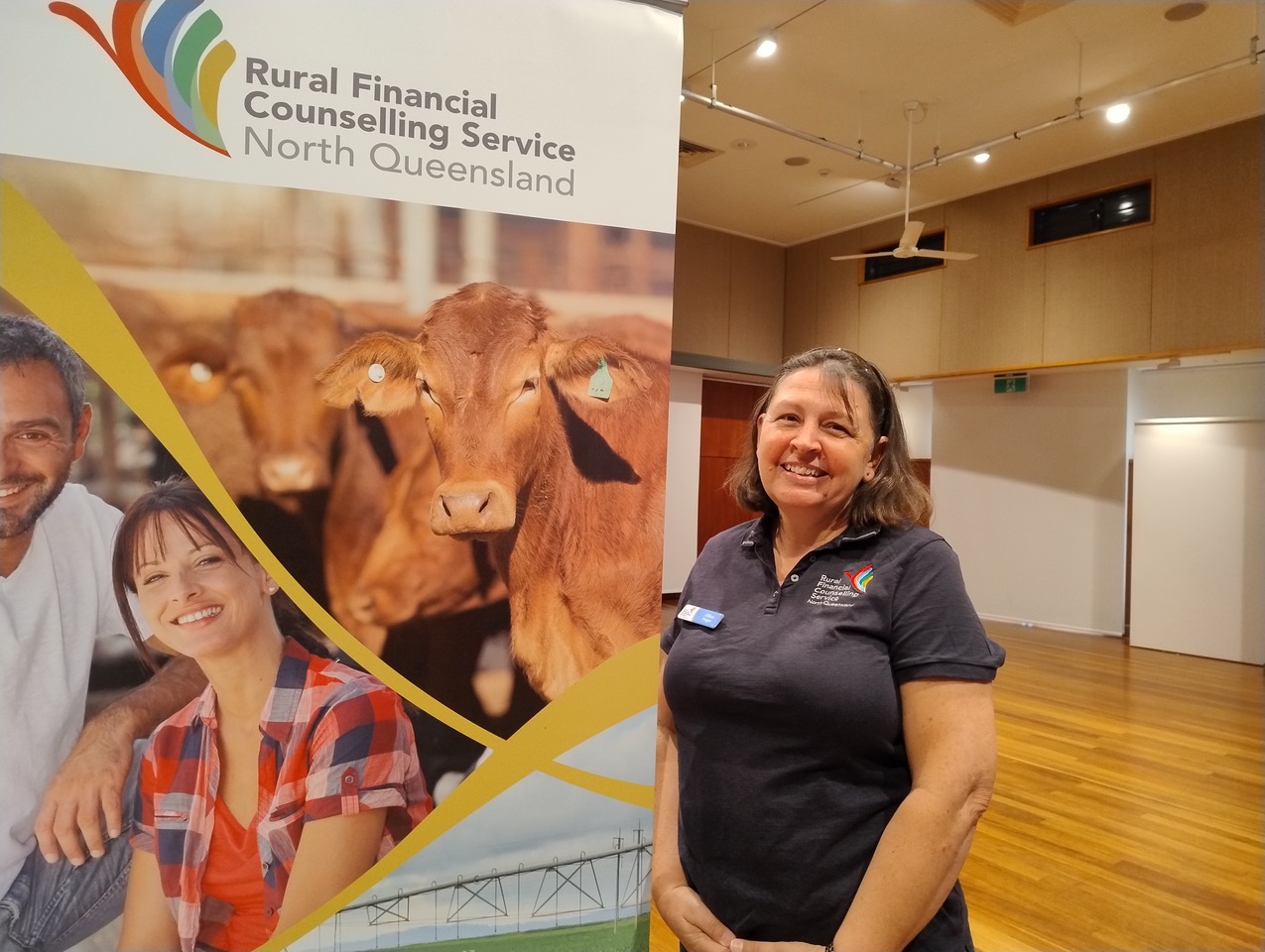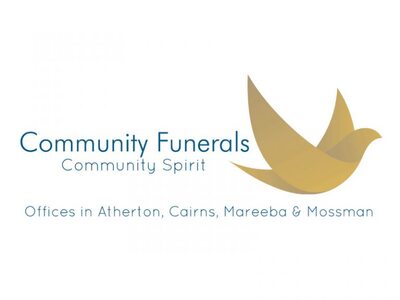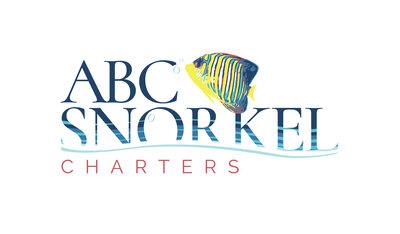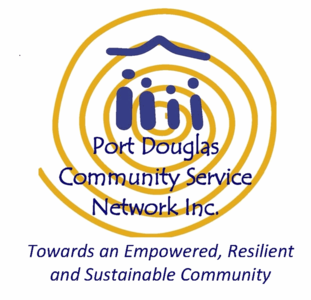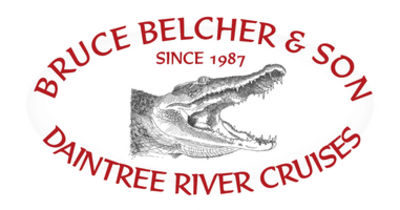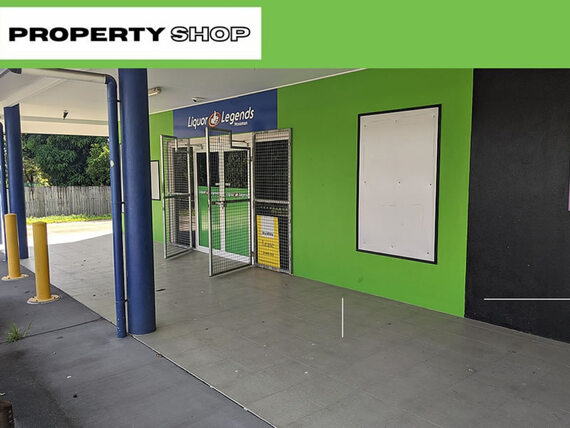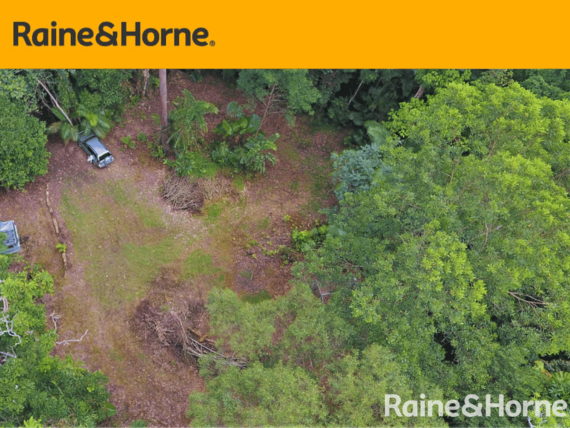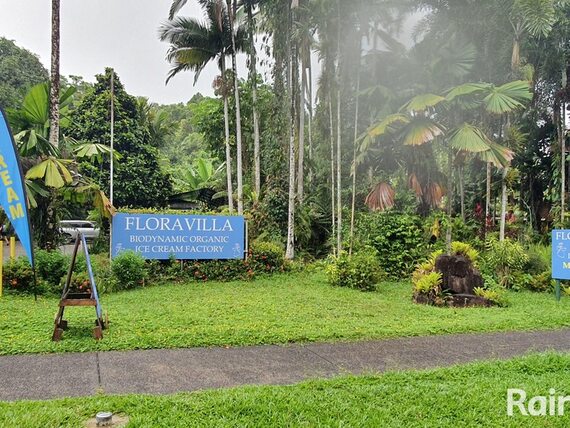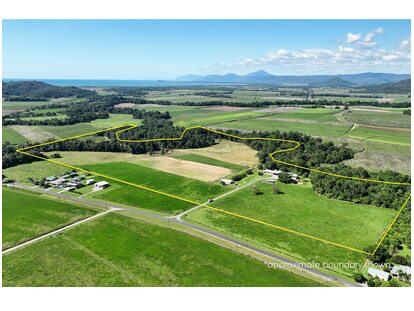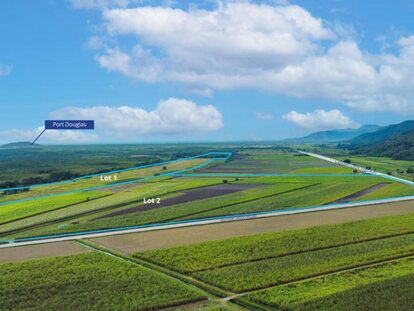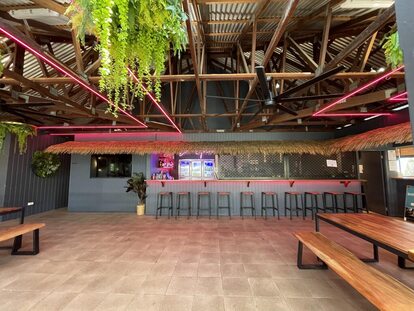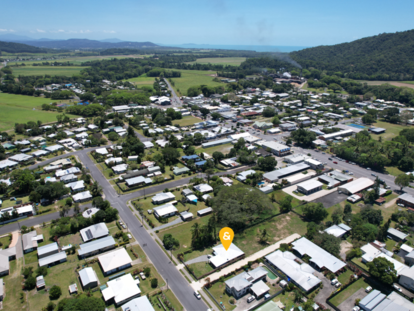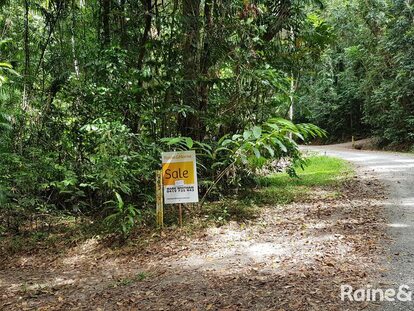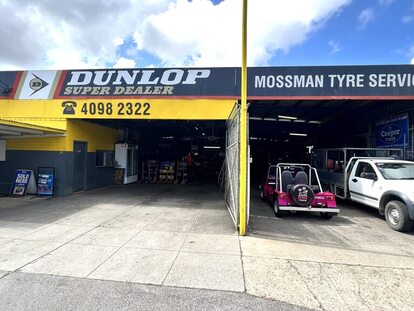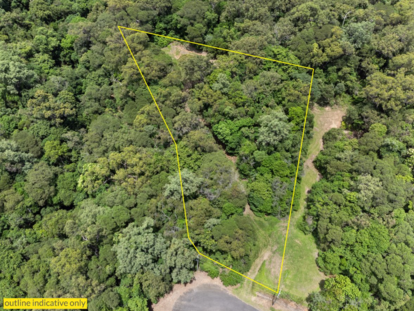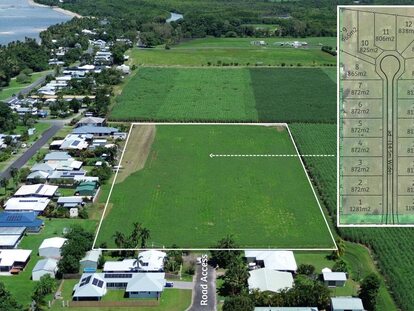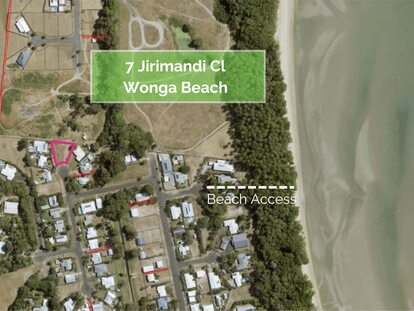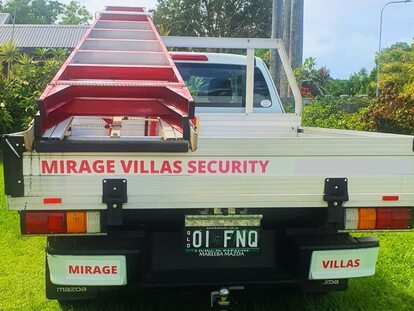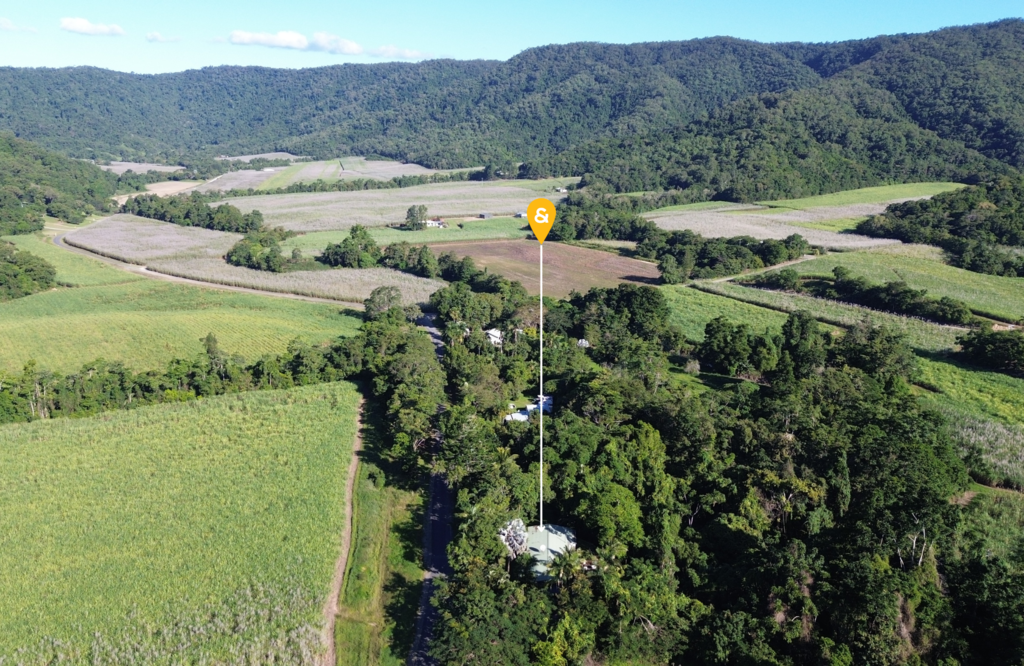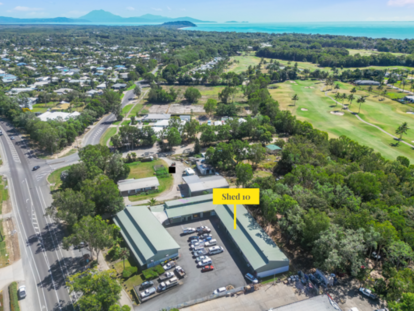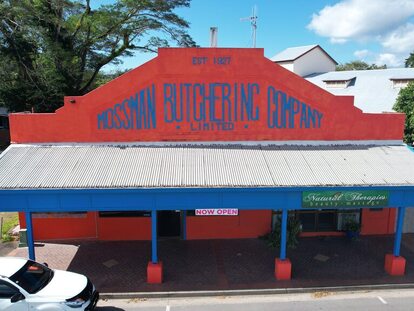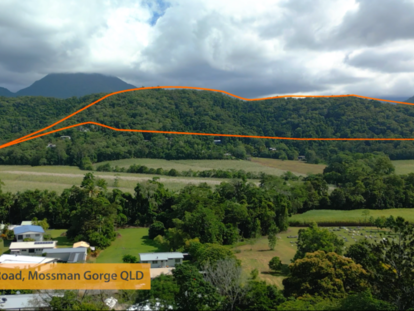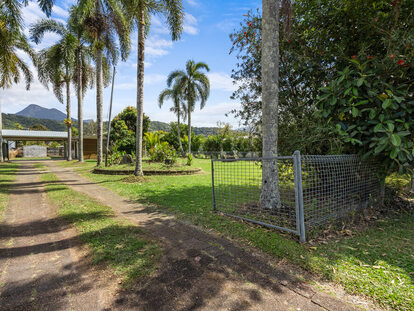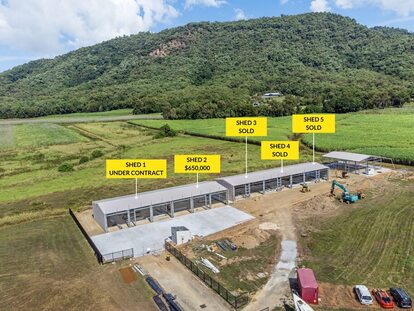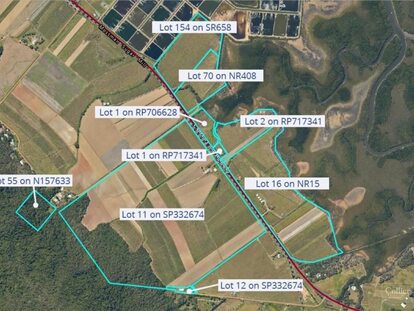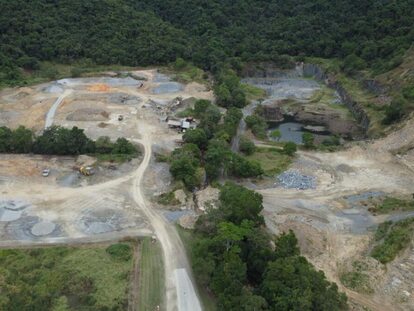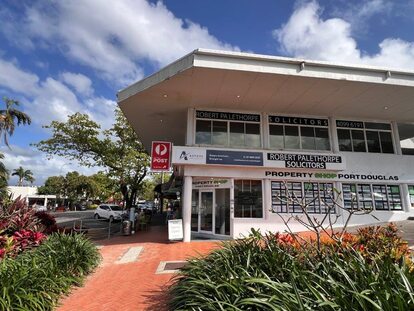|
(
43
)
|
Date
|
Start time
|
End time
|
Event name
|
Event description
|
Location
|
Cost
|
Website link
|
Event contact phone
|
Event contact email
|
Category (Maximum of 4 categories)
|
Terms and conditions
|
Name
|
Email
|
Phone
| |
|---|
| 1. |
Thursday 26 September 2024
2024-09-26T00:00:00+10:00
|
1pm
|
5pm
|
FREE SHUTTLE BUS to & from "LlGHT UP THE PARK" event in George Davis Park
|
TO EVENT:
12.30 & 2.30pm from PORT DOUGLAS Community Hall
12.45 & 2.45pm from MOSSMAN GORGE Community Bus Stop
FROM EVENT:
2.00 & 5.00pm leaves from GEORGE DAVIS PARK stops at Mossman Gorge Community Bus Stop & Port Douglas Community Hall
|
George Davis Park, 6 Foxton Ave, Mossman
|
FREE
| |
Brody Andrews; 0412 735 585, Mossman Youth Centre
|
[email protected]
|
Community Event, Family Event
|
FREE SHUTTLE BUS, FREE BBQ, FREE TEA & COFFEE
ALL OTHER SUJECT TO COST
|
Lisa Laurin
|
[email protected]
|
0438401048
| |
| 2. |
Thursday 3 October 2024
2024-10-03T00:00:00+10:00
|
6.30pm
|
9pm
|
Douglas Shire Historical Society trivia night
|
Have fun at the Trivia Night at Mossman Bowls Club. $10 pp goes to preserve our shire’s history
|
Mossman Bowls Club
|
$10 pp
|
Www.douglashistory.org .au
|
0418960888
|
[email protected]
|
Arts & Culture, Community Event, Family Event, Trivia & Games
| |
Pam Willis Burden
|
[email protected]
|
0418960888
| |
| 3. |
Saturday 12 October 2024
2024-10-12T00:00:00+10:00
|
7am
|
7pm
|
Daddyshack Cup - Mossman Golf Club
|
Grab a partner and come play on our only Daddyshack Cup day of 2024 at the Mossman Golf Club, Saturday the 12th of October. Shotgun start Am and PM with heaps of prizes on offer including nearest the pin CASH! Longest drive and prizes for the first 5 teams on the day. It's Stableford aggregate, so both you and your partners scores count for the total. You can enter by calling the Mossman Pro Shop on (07) 4098 2089 or drop by our shop on Grant St.
|
Mossman GolfClub, Newell Rd, Mossman 4873
|
$55 Members, $95 Guests
| |
0478208529
|
[email protected]
|
Sport Event
|
Each player must have an official Australian handicap.
|
Michael Walsh
|
[email protected]
|
0414741163
| |
| 4. |
Tuesday 8 October 2024
2024-10-08T00:00:00+10:00
|
10AM
| |
Memory Lounge for Seniors
|
Memory lounge is designed to provide seniors with a welcoming environment where they can engage in conversation that stimulates their minds and foster social connections.
Second Tuesday and Wednesday of each month at Mossman Library.
8th and 9th of October
12th and 13th of November
10th and 11th of December
|
Mossman Library
|
Free
|
https://www.facebook.com/profile.php?id=61563453610338
|
07 4099 9496
|
[email protected]
|
Free Event, Senior Event
| |
Douglas Libraries
|
[email protected]
|
07 4099 9496
| |
| 5. |
Tuesday 15 October 2024
2024-10-15T00:00:00+10:00
|
10AM
|
11AM
|
Bilingual Storytime Series
|
Japanese Storytime
Tuesday 15th October, 10AM
Dutch Storytime
Tuesday 22nd October, 10AM
Italian Storytime
Tuesday 29th October, 10AM
Kuku Yalanji Storytime
Tuesday 5 November, 10AM
Gaelic Storytime
Tuesday 12th November, 10AM
German Storytime
Tuesday 19th November, 10AM
|
Mossman Library
|
Free
|
https://www.facebook.com/profile.php?id=61563453610338
|
07 4099 9496
|
[email protected]
|
Arts & Culture, Community Event, Family Event, Free Event
|
Parents and family of young children. 0-5 years of age. First 5 Forever initiative.
|
Douglas Libraries
|
[email protected]
|
07 4099 9496
| |
| 6. |
Sunday 22 September 2024
2024-09-22T00:00:00+10:00
|
2.00PM
|
5PM
|
ASH GRUNWALD LIVE @ "THE YACHTY"
|
The Legendary ASH GRUNWALD performing LIVE at "The Yachty"
|
Port Douglas Yacht Club
|
$50
|
www.events.humanitix.com
| |
[email protected]
|
Live Entertainment
| |
Bruce Dargavel
|
[email protected]
|
0419009425
| |
| 7. |
Saturday 28 September 2024
2024-09-28T00:00:00+10:00
| | |
Oktoberfest
|
We are excited to announce the date for this year's Oktoberfest. Don't miss the food, the fun and of course, the beers. No bookings required just rock up and dress up if you are inclined.
Get the Bavarian Beer-Fest feel with
German-style beers
Local Breweries (see participating breweries below)
German festival food
Live music and entertainment
Keg lifting competition
Stein Slide competition
Best dressed
Prizes
Follow our socials to keep up-to-date with the beers, food and entertainment on offer.
|
Hemingways' Brewery Cairns Wharf
| | | | |
Community Event
| |
Jessabel Dael
|
[email protected]
|
09979210220
| |
| 8. |
Saturday 21 September 2024
2024-09-21T00:00:00+10:00
|
10am
|
Until food runs out
|
Daintree Coast Community Shed BBQ
|
Fundraiser - registered with AMSA
omnivores & herbivores catered to
Drinks, cakes, sausage sizzle, salad & hamburgers
|
COW BAY BEACH QLD
|
$
| |
0427006607
| |
Community Event, Family Event, Markets
|
Stall holders have own insurance
|
Cindy McLaughlin
|
[email protected]
|
0427006607
| |
| 9. |
Saturday 5 October 2024
2024-10-05T00:00:00+10:00
|
4:00pm
|
9:00pm
|
TEQUILA, TACOS & TUNES
|
FREE EVENT
LIVE MUSIC
AMAZONAS LATIN MUSIC & ZOEY SUTRA
TACOS, TACOS & TACOS!!
MARGARITA'S & A TRUCK
LOAD OF TEQUILA
|
Ellis Beach Bar & Grill
|
FREE
| | | |
Arts & Culture, Free Event, Live Entertainment
| |
Sam Cullen
|
[email protected]
|
0438318912
| |
| 10. |
Saturday 19 October 2024
2024-10-19T00:00:00+10:00
|
3:00pm
|
4:00pm
|
Sugarcane Rum Masterclass
|
During the masterclass you will be tasting rum made by Mount Uncle Distillery, the most awarded distillery in Far North Queensland! Mount Uncle has an unrivalled reputation in producing award-winning products with an emphasis on using local and national Australian ingredients. The distillery is located on an 800-acre property, set amid a banana plantation close to the local sugar mill.
Head Distiller and Director, Mark Watkins, will talk you through their process of using sugar cane to create the Mount Uncle FNQ Rum Co range. You will be tasting three different rums including the winner of the Gold Medal for World’s Best Pot Still Rum at the World Rum Awards (2021). Your rum tasting will be accompanied by creatively paired dishes curated by Sheraton’s talented Executive Chef, Belinda Tuckwell.
|
Daintree Bar @ Sheraton Grand Mirage Resort Port Douglas
|
$49
|
https://www.eventbrite.com.au/e/rum-masterclass-19-october-2024-tickets-941735766027?aff=Newsport
| |
[email protected]
|
Food & Wine Event
| |
Alina Polishuk
|
[email protected]
|
0740995888
| |
| 11. |
Saturday 21 September 2024
2024-09-21T00:00:00+10:00
|
3:00pm
|
4:00pm
|
Sugarcane Rum Masterclass
|
During the masterclass you will be tasting rum made by Mount Uncle Distillery, the most awarded distillery in Far North Queensland! Mount Uncle has an unrivalled reputation in producing award-winning products with an emphasis on using local and national Australian ingredients. The distillery is located on an 800-acre property, set amid a banana plantation close to the local sugar mill.
Head Distiller and Director, Mark Watkins, will talk you through their process of using sugar cane to create the Mount Uncle FNQ Rum Co range. You will be tasting three different rums including the winner of the Gold Medal for World’s Best Pot Still Rum at the World Rum Awards (2021). Your rum tasting will be accompanied by creatively paired dishes curated by Sheraton’s talented Executive Chef, Belinda Tuckwell.
|
Daintree Bar @ Sheraton Grand Mirage Resort Port Douglas
|
$49
|
https://www.eventbrite.com.au/e/rum-masterclass-21-september-2024-tickets-941735605547?aff=Newsport
| |
[email protected]
|
Food & Wine Event
| |
Alina Polishuk
|
[email protected]
|
0740995888
| |
| 12. |
Sunday 29 September 2024
2024-09-29T00:00:00+10:00
|
4:30pm
|
7:30pm
|
Sheraton Sunset Sessions
|
There’s no better way to spend a laidback Sunday afternoon than with cool drinks, Mediterranean bites and classic Ibiza chill out tunes as you float in our sparkling blue saltwater lagoons, or settle onto the sandy shore of the resort’s main beach.
Choose your level of indulgence with three exclusive packages, one of which will extend your experience for the entire day in a private poolside cabana...
Sheraton Sunset Sessions is a beautifully crafted shared sunset moment in paradise. Perfect for couples, groups of friends or adult families to gather together and celebrate.
Don’t miss out on this unique and memorable sunset experience. Reserve your spot today.
|
Sheraton Grand Mirage Resort Port Douglas
|
From $50
|
https://www.eventbrite.com.au/e/sheraton-sunset-sessions-29-september-2024-tickets-941735435037?aff=Newsport
| |
[email protected]
|
Food & Wine Event, Live Entertainment
| |
Alina Polishuk
|
[email protected]
|
0740995888
| |
| 13. |
Tuesday 5 November 2024
2024-11-05T00:00:00+10:00
|
11:30am
|
2:30pm
|
Melbourne Cup in the Tropics
|
Join us for our annual ‘Spring Racing in the Tropics’ Melbourne Cup Luncheon where you will enjoy all the racing action on the big screen! From 11:30 am to 2:30 pm revel in the cool comfort of the Glade Pavilion, where you'll enjoy a divine lunch buffet of Tropical North Queensland's favorites, including local prawns, a ploughman’s table, roasted ribeye, a fresh oyster station and more. Plus, a three-hour free-flowing beverage package, featuring a live champagne wall in partnership with Perrier-Jouet!
We're teaming up with KIND (Kids In Need Donations), who will be hosting all of your favourite Melbourne Cup activities. Not only does $10 of every ticket sale go back to KIND, but so will all raffle proceeds. KIND is a local nonprofit that raises funds for children with a terminal or debilitating illness or injury.
Tickets for this fabulous event are already selling quickly, be sure to secure yours today!
|
Sheraton Grand Mirage Resort Port Douglas
|
$185
|
https://www.eventbrite.com.au/e/melbourne-cup-in-the-tropics-5-november-2024-tickets-941716488367?aff=Newsport
| |
[email protected]
|
Food & Wine Event, Major Event, Sport Event
| |
Alina
|
[email protected]
|
0740995888
| |
| 14. |
Thursday 3 October 2024
2024-10-03T00:00:00+10:00
|
1:00pm
|
4:00pm
|
Four Mile Beach Monthly Clean-up
|
Looking for a way to be part of practical solutions for our environment? Four Mile Beach in Port Douglas is one of our longest-running QLD beach monitoring sites. We have been cleaning and collecting data from this site each month for the past 12 years.
Volunteers need to wear enclosed shoes, bring sun/rain protection, and plenty of drinking water (1 to 2 litres is recommended). We try to ensure that all Tangaroa Blue events are free from single-use plastic, so bring along your reusable water bottle. All equipment and drinking water top-ups will be provided.
To register or for any questions, please email [email protected]
|
Daintree Lounge at the Sheraton Grand Mirage, Port Douglas (behind the piano)
|
Free
|
https://tangaroablue.org/events-calendar/four-mile-october/
| |
[email protected]
|
Community Event, Free Event
| |
Lucy
|
[email protected]
|
0431870165
| |
| 15. |
Thursday 19 September 2024
2024-09-19T00:00:00+10:00
|
1:00pm
|
4:00pm
|
Four Mile Beach Monthly Clean-up
|
Looking for a way to be part of practical solutions for our environment? Four Mile Beach in Port Douglas is one of our longest-running QLD beach monitoring sites. We have been cleaning and collecting data from this site each month for the past 12 years.
Volunteers need to wear enclosed shoes, bring sun/rain protection, and plenty of drinking water (1 to 2 litres is recommended). We try to ensure that all Tangaroa Blue events are free from single-use plastic, so bring along your reusable water bottle. All equipment and drinking water top-ups will be provided.
To register or for any questions, please email [email protected]. Thank you for dedicating your energy towards protecting our oceans, and we look forward to seeing you out on the beach!
|
Daintree Lounge at the Sheraton Grand Mirage, Port Douglas (behind the piano)
|
Free
|
https://tangaroablue.org/events-calendar/four-mile-beach-north-and-middle-regular-monthly-clean-up-event-qld-42/
| |
[email protected]
|
Community Event, Free Event
| |
Lucy
|
[email protected]
|
0431870165
| |
| 16. |
Monday 23 September 2024
2024-09-23T00:00:00+10:00
|
5pm
|
10:30pm
|
Music Sessions - Sugar Wharf
|
Join us for an unforgettable evening at the iconic Sugar Wharf in Port Douglas.
Starting at 5pm with a relaxed atmosphere with a Deep House set as the sun sets over the coral sea. As the night progresses, we'll move from House music into an electrifying Techno set to keep the energy high and the dance floor alive until the evening's end at 10:30pm. Drinks and food will be available at the venue.
|
Sugar Wharf - Port Douglas
|
$22
|
https://www.trybooking.com/CVERI
|
0475597520
|
[email protected]
|
Arts & Culture
| |
Francisco Alfonso
|
[email protected]
|
0475597520
| |
| 17. |
Saturday 21 September 2024
2024-09-21T00:00:00+10:00
|
5:30pm
|
7:30pm
|
SOCIAL BALLROOM DANCING PARTY
|
Social Ballroom & SALSA dancing.
Have fun dancing with friends. Dress up and party. BYO.
|
Mossman Shire Hall
|
$15
|
Facebook page Keep On Dancing
|
0423453329
|
[email protected]
|
Arts & Culture, Community Event
| |
Jeanfer Salas
|
[email protected]
|
0423453329
| |
| 18. |
Wednesday 25 September 2024
2024-09-25T00:00:00+10:00
|
10:30am
| |
School Holiday Activity 'Paint A Pot'
|
Decorating little ceramic pots in time for Spring!
|
Mossman Library
|
FREE
| |
0740999496
|
[email protected]
|
Community Event, Family Event
|
Bookings Required
Phone 4099 9496
Children aged 5-12 years
|
Douglas Library
|
[email protected]
|
0740999496
| |
| 19. |
Thursday 19 September 2024
2024-09-19T00:00:00+10:00
|
10:30am
| |
School Holiday Activity 'Balloon Art with Chantal Munro'
|
Family fun creating Balloon Art with Chantal Munro.
|
Mossman Library
|
FREE
| |
0740999496
|
[email protected]
|
Community Event, Family Event
|
No Booking Required
|
Douglas Library
|
[email protected]
|
0740999496
| |
| 20. |
Thursday 31 October 2024
2024-10-31T00:00:00+10:00
|
6pm
|
Late
|
Halloween Indoor Golf Tournament
|
Imagine your golf course has been overrun by zombies. Welcome to "The Course of the Dead" on our software system GSPRO. Blood red rivers and moon, screams, howls, roaming zombies, an exploding driving range and buildings on fire. These are the things that you will have to navigate on Halloween to win our tournament. We are offering a BIG CASH PRIZE to the winner, Halloween snacks through the night and hopefully a lot of fun. You can use our clubs or bring your own. Tee times will be staggered, and numbers are limited. Book by calling into our store on Grant St or by calling 0478 208 529. The doors will be closed to the public and it will be BYO drinks.
|
Daddyshack PD golf shop, bottom of Grant St, Port Douglas. Opposite the Quicksilver building.
|
$35
|
ttps://www.facebook.com/groups/1231198597727923
|
0478208529
|
[email protected]
|
Sport Event
|
An official handicap or handicap from Daddyshack will be needed to play in the tournament.
|
Michael Walsh
|
[email protected]
|
0414741163
| |
| 21. |
Friday 4 October 2024
2024-10-04T00:00:00+10:00
|
9 AM
|
10.30 AM
|
Open Hips, Open Heart Yoga Workshop
|
90 min Yoga & Breathwork designed to Open Hips, Release Tension from Lower Back, Shoulder Area, Neck, and Open through Heart.
Unique way of sequencing postures, yoga flows, and breathing techniques to leave feeling Lighter, at Ease, Open.
EveryBody Welcome. ♡
|
Yoga in The Tropics Studio, 64 Macrossan St, Port Douglas
|
$ 35
|
https://yogainthetropics.com
|
0438117486
|
[email protected]
|
Community Event, Sport Event, Workshop or Training
| |
Petra
|
[email protected]
|
0438117486
| |
| 22. |
Thursday 26 September 2024
2024-09-26T00:00:00+10:00
|
1pm
|
5pm
|
Light Up The Park
|
Community Fun Day
Family Friendly Event
Free BBQ, Activities & Entertainment
|
George Davis Park, 6 Foxton Ave, Mossman
|
FREE
| |
Brody Andrews; 0412 735 585, Mossman Youth Centre
|
[email protected]
|
Community Event, Family Event, Free Event
| |
Light Up The Park
|
[email protected]
|
0438 401 048
| |
| 23. |
Wednesday 23 October 2024
2024-10-23T00:00:00+10:00
|
11am
|
5pm
|
Wednesday Marina Markets
|
Markets at The Crystalbrooke Marina , Port Douglas.
|
Crystalbrooke Marina, Port Douglas
|
Free
|
Nil
|
0439989727
|
[email protected]
|
Free Event, Markets
| |
Lisa Reddrop
|
[email protected]
|
0439989727
| |
| 24. |
Wednesday 16 October 2024
2024-10-16T00:00:00+10:00
|
11am
|
5pm
|
Wednesday Marina Markets
|
Markets at The Crystalbrooke Marina , Port Douglas,. Every Wednesday from 11am till 5pm
|
Crystalbrooke Marina, Port Douglas
|
Free
|
Nil
|
0439989727
|
[email protected]
|
Free Event, Markets
| |
Lisa Reddrop
|
[email protected]
|
0439989727
| |
| 25. |
Wednesday 9 October 2024
2024-10-09T00:00:00+10:00
|
11am
|
5pm
|
Wednesday Marina Markets
|
Markets at The Crystalbrooke Marina , Port Douglas,. Every Wednesday from 11am till 5pm
|
Crystalbrooke Marina, Port Douglas
|
Free
|
Nil
|
0439989727
|
[email protected]
|
Free Event, Markets
| |
Lisa Reddrop
|
[email protected]
|
0439989727
| |
| 26. |
Wednesday 2 October 2024
2024-10-02T00:00:00+10:00
|
11am
|
5pm
|
Wednesday Marina Markets
|
Markets at The Crystalbrooke Marina , Port Douglas,. Every Wednesday from 11am till 5pm
|
Crystalbrooke Marina, Port Douglas
|
Free
|
Nil
|
0439989727
|
[email protected]
|
Free Event, Markets
| |
Lisa Reddrop
|
[email protected]
|
0439989727
| |
| 27. |
Wednesday 25 September 2024
2024-09-25T00:00:00+10:00
|
11am
|
5pm
|
Wednesday Marina Markets
|
Markets at The Crystalbrooke Marina , Port Douglas,. Every Wednesday from 11am till 5pm
|
Crystalbrooke Marina, Port Douglas
|
Free
|
Nil
|
0439989727
|
[email protected]
|
Free Event, Markets
| |
Lisa Reddrop
|
[email protected]
|
0439989727
| |
| 28. |
Tuesday 5 November 2024
2024-11-05T00:00:00+10:00
|
12PM
|
4PM
|
MELBOURNE CUP @ SAILS
|
Escape the heat this Melbourne Cup in the sumptuous, air-conditioned comfort of 'Sails' in Port Douglas - On the Marina and positioned above Hemingway's, make the most of one of the best views in town. With a relaxed sophistication, our wine & cocktail bar is an oasis where style meets luxury.
Dress to impress, for the spotlight is on you with our 'Fashion on the Field' showcase—prizes await the day's best dressed.
Elegance. Exclusivity. Excitement. Limited to just 70 guests. Don't wait to book Melbourne Cup's most upscale tropical soirée.
What's on offer:
3 hour drinks package including;
A welcome cocktail, Sparkling wine, Wines, Beer, Soft drinks
2 hours of delightful canapes
to be followed by dessert after the main race
Prizes for best dressed (Male & Female), including;
A hamper of fine wines & Devils Thumb Distillery Gins.
Sweepstakes - cash only
Live coverage on a big screen
Live Music with Shannon Hunter
& best of all relief from the heat with air-cond
|
Sails Bar at Hemingway's Brewery on the Marina
|
$149
|
https://www.hemingwaysbrewery.com/whats-on/all-events/melbourne-cup-luncheon-port-douglas-1-1#c1828
|
0482 173 337
|
[email protected]
|
Food & Wine Event, Live Entertainment
| |
Kim Logan
|
[email protected]
|
0438374860
| |
| 29. |
Saturday 28 September 2024
2024-09-28T00:00:00+10:00
|
Gates open at 6 pm
|
10.00 pm
|
Great Northern Bull Ride
|
The Great Northern Bull Ride brings its bull riding competition to the Mossman Showgrounds
|
Mossman Showgrounds
|
Payment at the Gate.
| |
Jason Fasano
|
[email protected]
|
Family Event, Sport Event
| |
Jason Fasano
|
[email protected]
|
0427744625
| |
| 30. |
Saturday 12 October 2024
2024-10-12T00:00:00+10:00
|
12pm
| |
TROPTOBERFEST
|
SAVE THE DATE!
HEMINGWAY'S BREWERY PORT DOUGLAS
We are excited to announce the date for this year's Troptoberfest. Don't miss the food, the fun and of course, the beers. No bookings required just rock up and dress up if you are inclined.
Oktoberfest with a tropical twist!
German-style beers
German festival food
Live music and entertainment with
Keg lifting competition
Stein Slide competition
Best dressed
|
Hemingways' Brewery Port Douglas
|
Free Entry
|
https://www.hemingwaysbrewery.com/whats-on/all-events/troptoberfest-port-douglas
|
0482 173 337
|
[email protected]
|
Family Event, Food & Wine Event, Free Event, Live Entertainment
| |
Kim Logan
|
[email protected]
|
0438374860
| |
| 31. |
Wednesday 25 September 2024
2024-09-25T00:00:00+10:00
|
11.00am
|
3.00pm
|
Wildlife Habitat Junior Keeper Program
|
Our Junior Keeper program is an epic adventure for the kids! It's a chance for budding young keepers to feel the thrill of being a real-life Wildlife Keeper. Junior Keepers incorporates animal feeding, presentation, interaction and projects to assist our keepers in their day-to-day schedules. Open to children aged 8 - 14 years.
|
Wildlife Habitat Port Douglas
|
$66 includes lunch and afternoon tea.
|
https://www.wildlifehabitat.com.au/junior-keepers/
|
07 4099 3235
|
[email protected]
| |
Bookings essential due to limited spaces.
Open to children aged 8 - 14 years.
|
Trent Berry
|
[email protected]
|
(07) 4088 1525
| |
| 32. |
Tuesday 24 September 2024
2024-09-24T00:00:00+10:00
|
11.00am
|
3.00pm
|
Wildlife Habitat Junior Keeper Program
|
Our Junior Keeper program is an epic adventure for the kids! It's a chance for budding young keepers to feel the thrill of being a real-life Wildlife Keeper. Junior Keepers incorporates animal feeding, presentation, interaction and projects to assist our keepers in their day-to-day schedules. Open to children aged 8 - 14 years.
|
Wildlife Habitat Port Douglas
|
$66 includes lunch and afternoon tea.
|
https://www.wildlifehabitat.com.au/junior-keepers/
|
07 4099 3235
|
[email protected]
| |
Bookings essential due to limited spaces.
Open to children aged 8 - 14 years.
|
Trent Berry
|
[email protected]
|
(07) 4088 1525
| |
| 33. |
Wednesday 16 October 2024
2024-10-16T00:00:00+10:00
|
6.30pm
|
9.30pm
|
TARC - Tropical Animal Rehabilitation Centre Trivia Night Fundraiser
|
On Wednesday October 16th, 2024, Wildlife Habitat Port Douglas will be co-hosting a K-Star Trivia night at the Central Hotel in Port Douglas to raise funds for our wildlife charity: Tropical Animal Rehabilitation Centre: fondly known as TARC.
TARC is a non-profit enterprise and has a Rehabilitation Permit allowing us to receive injured, orphaned and rescued native wildlife. This is a service we very proudly offer to the community free of charge and have done for over 25 years now.
The team at TARC donates time and resources to the care of compromised native wildlife, with a goal of positive welfare outcomes and post rehabilitation successful wild release back into their natural environment.
Although small, TARC is overwhelmed at times with rescued wildlife and is continually seeking support funds for its operations and to build a new medical Centre in the future.
TARC admits well over 400 patients a year – and peak season is storm season, when winds and rains can wreak havoc on native birdlife. It also supports local carer networks with supplies to assist rescued wildlife.
|
The Central Hotel - Port Douglas
|
$10 per player - Maximum 10 players per team.
|
https://www.wildlifehabitat.com.au/tarc/
|
0434 372 040
|
[email protected]
|
Trivia & Games
| |
Trent Berry
|
[email protected]
|
(07) 4088 1525
| |
| 34. |
Sunday 22 September 2024
2024-09-22T00:00:00+10:00
|
2:00pm
|
5:00pm
|
Ash Grunwald at The Port Douglas Yacht Club
|
Australia’s foremost bluesman brings his national tour to town in celebration of the release of his new single - Life Without You, a chilled groove about going the distance in a relationship and having gratitude for your loved ones.
A collaboration with Garett Kato, most well-known for producing Tones & I’s ‘Dance Monkey” and many of Ziggy Alberts most recent releases - this is a track that hits you in the feels.
Featuring all of the fan favourites curated from a career and catalogue spanning 20 years, don't miss your chance to witness Australia’s most exciting blues act in action!
|
Port Douglas Yacht Club
|
$25-$50
|
https://events.humanitix.com/ash-grunwald-at-port-douglas-yacht-club?fbclid=IwZXh0bgNhZW0CMTAAAR26sQvZi0KrXRAJdIb8qMbcad83a1XtF-dLqtksz77OZwAxAroJgdvkrNw_aem_QkN87jGaLrhaaUhmANaWRg
| |
[email protected]
|
Live Entertainment
| |
Chopperdog Productions
|
[email protected]
|
0467583241
| |
| 35. |
Tuesday 29 October 2024
2024-10-29T00:00:00+10:00
|
7:45pm
|
9:30pm
|
Trivia Tuesday at Paddy's Irish Bar & Grill
|
Join us for Trivia Tuesdays at Paddy's Irish Bar & Grill. Its free entry, and fun for all ages with great prizes and of course good Craic! Walk ins are fine or book a table for dinner to get a front row seat for the action. Kicking off at 7:45pm each and every Tuesday.
|
Paddy's Irish Bar & Grill
|
Free
| |
https://paddysirishpub.com.au/
|
[email protected]
|
Arts & Culture, Free Event, Live Entertainment, Trivia & Games
| |
Stacey
|
[email protected]
|
0432485343
| |
| 36. |
Tuesday 22 October 2024
2024-10-22T00:00:00+10:00
|
7:45pm
|
9:30pm
|
Trivia Tuesday at Paddy's Irish Bar & Grill
|
Join us for Trivia Tuesdays at Paddy's Irish Bar & Grill. Its free entry, and fun for all ages with great prizes and of course good Craic! Walk ins are fine or book a table for dinner to get a front row seat for the action. Kicking off at 7:45pm each and every Tuesday.
|
Paddy's Irish Bar & Grill
|
Free
| |
https://paddysirishpub.com.au/
|
[email protected]
|
Arts & Culture, Free Event, Live Entertainment, Trivia & Games
| |
Stacey
|
[email protected]
|
0432485343
| |
| 37. |
Tuesday 15 October 2024
2024-10-15T00:00:00+10:00
|
7:45pm
|
9:30pm
|
Trivia Tuesday at Paddy's Irish Bar & Grill
|
Join us for Trivia Tuesdays at Paddy's Irish Bar & Grill. Its free entry, and fun for all ages with great prizes and of course good Craic! Walk ins are fine or book a table for dinner to get a front row seat for the action. Kicking off at 7:45pm each and every Tuesday.
|
Paddy's Irish Bar & Grill
|
Free
| |
https://paddysirishpub.com.au/
|
[email protected]
|
Arts & Culture, Free Event, Live Entertainment, Trivia & Games
| |
Stacey
|
[email protected]
|
0432485343
| |
| 38. |
Tuesday 8 October 2024
2024-10-08T00:00:00+10:00
|
7:45pm
|
9:30pm
|
Trivia Tuesday at Paddy's Irish Bar & Grill
|
Join us for Trivia Tuesdays at Paddy's Irish Bar & Grill. Its free entry, and fun for all ages with great prizes and of course good Craic! Walk ins are fine or book a table for dinner to get a front row seat for the action. Kicking off at 7:45pm each and every Tuesday.
|
Paddy's Irish Bar & Grill
|
Free
| |
https://paddysirishpub.com.au/
|
[email protected]
|
Arts & Culture, Free Event, Live Entertainment, Trivia & Games
| |
Stacey
|
[email protected]
|
0432485343
| |
| 39. |
Tuesday 1 October 2024
2024-10-01T00:00:00+10:00
|
7:45pm
|
9:30pm
|
Trivia Tuesday at Paddy's Irish Bar & Grill
|
Join us for Trivia Tuesdays at Paddy's Irish Bar & Grill. Its free entry, and fun for all ages with great prizes and of course good Craic! Walk ins are fine or book a table for dinner to get a front row seat for the action. Kicking off at 7:45pm each and every Tuesday.
|
Paddy's Irish Bar & Grill
|
Free
| |
https://paddysirishpub.com.au/
|
[email protected]
|
Arts & Culture, Free Event, Live Entertainment, Trivia & Games
| |
Stacey
|
[email protected]
|
0432485343
| |
| 40. |
Tuesday 24 September 2024
2024-09-24T00:00:00+10:00
|
7:45pm
|
9:30pm
|
Trivia Tuesday at Paddy's Irish Bar & Grill
|
Join us for Trivia Tuesdays at Paddy's Irish Bar & Grill. Its free entry, and fun for all ages with great prizes and of course good Craic! Walk ins are fine or book a table for dinner to get a front row seat for the action. Kicking off at 7:45pm each and every Tuesday.
|
Paddy's Irish Bar & Grill
|
Free
| |
https://paddysirishpub.com.au/
|
[email protected]
|
Arts & Culture, Free Event, Live Entertainment, Trivia & Games
| |
Stacey
|
[email protected]
|
0432485343
| |
| 41. |
Saturday 21 September 2024
2024-09-21T00:00:00+10:00
|
5PM
|
11PM
|
KIND CHARITY FUNDRAISER DRAG BINGO @ OAKS PORT DOUGLAS
|
SAT 21ST SEPTEMBER - KIND INC IS HOSTING A FUNDRAISER DRAG BINGO EVENING COMPLETE WITH BUFFET DINNER, DESSERT AND A GLASS OF BUBBLES ON ARRIVAL AT OAKS RESORT, PORT DOUGLAS.
HOSTED BY MISS LADY SAINT DIVA & D.J. NEIL FROM THE GOLD COAST
FANTASTIC PRIZES TO BE WON
|
OAKS PORT DOUGLAS RESORT
|
$85.00PP
|
WWW.KIND.ORG.AU
|
0438984966
|
[email protected]
|
Community Event, Trivia & Games
|
LIMITED TICKETS AVAILABLE SO GETIN QUICK!!
|
DANIELLE BELLERO
|
[email protected]
|
6143898496
| |
| 42. |
Saturday 19 October 2024
2024-10-19T00:00:00+10:00
|
4pm
|
7pm
|
Sip & Paint: Dreaming in Dots, Drinks & Delights
|
Unleash your creativity at our "Dreaming in Dots, Drinks & Delights" sip & paint classes, guided by the talented Aboriginal Contempory Artist Ashleigh Wanganeen. Immerse yourself and create your own unique dot paining masterpiece.
WORKSHOP TIME: 4pm to 7pm
The bar is open from 3 pm to 9 pm for pre and post-event drinks
PRICE: $99 per person
LOCATION: Sails Bar, above Hemingway's Brewery.
WHAT'S INCLUDED:
Expert guidance from Ashleigh Wanganeen
All painting materials provided
Two glasses of bubbles, wine, or beer
Three delicious canapés
Your unique take-home Dreamtime masterpiece
Added Bonus: Sunset views over the marina
|
Hemingway's Brewery [ Sails Bar, upstairs]
|
$99
|
https://www.hemingwaysbrewery.com/whats-on/all-events/sip-paint
|
0482 173 337
|
[email protected]
|
Arts & Culture, Food & Wine Event, Workshop or Training
| |
Kim Logan
|
[email protected]
|
0438374860
| |
| 43. |
Wednesday 4 December 2024
2024-12-04T00:00:00+10:00
|
10 am
| |
Free Kids Fun Yoga & Mindfulness Playshop
|
School Holiday Kids Yoga for Primary School Aged Kids.
|
Port Douglas Neighborhood Center
|
free
|
https://www.trybooking.com/events/landing/1198069?
|
0438117486
|
[email protected]
|
Community Event, Family Event, Free Event, Sport Event, Workshop or Training
|
Bookings Essential via link
|
Petra
|
[email protected]
|
0438117486
| |
